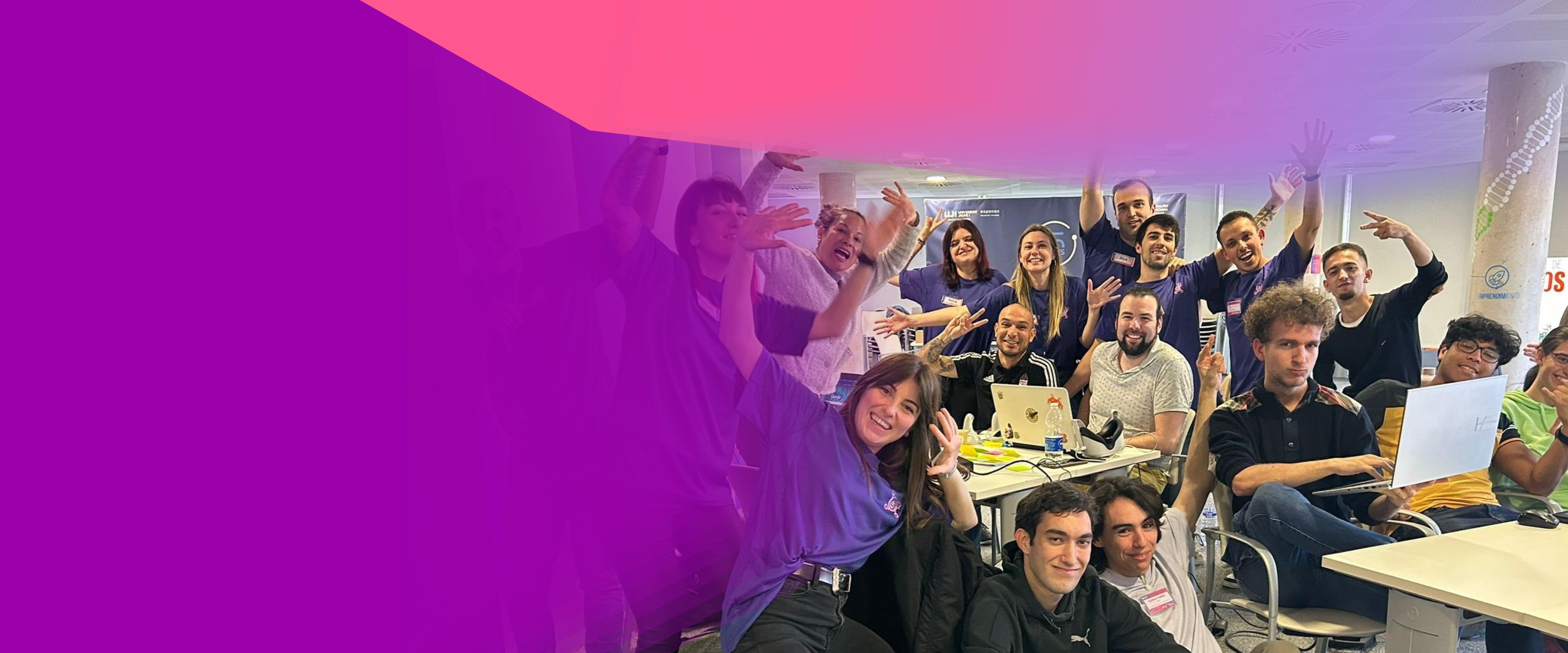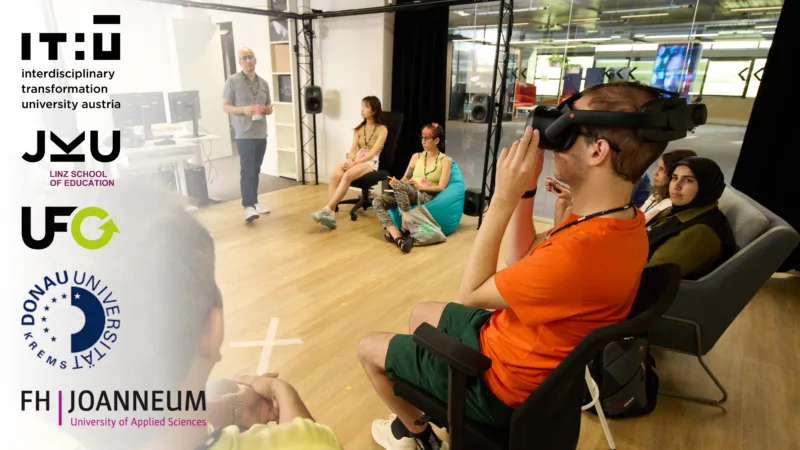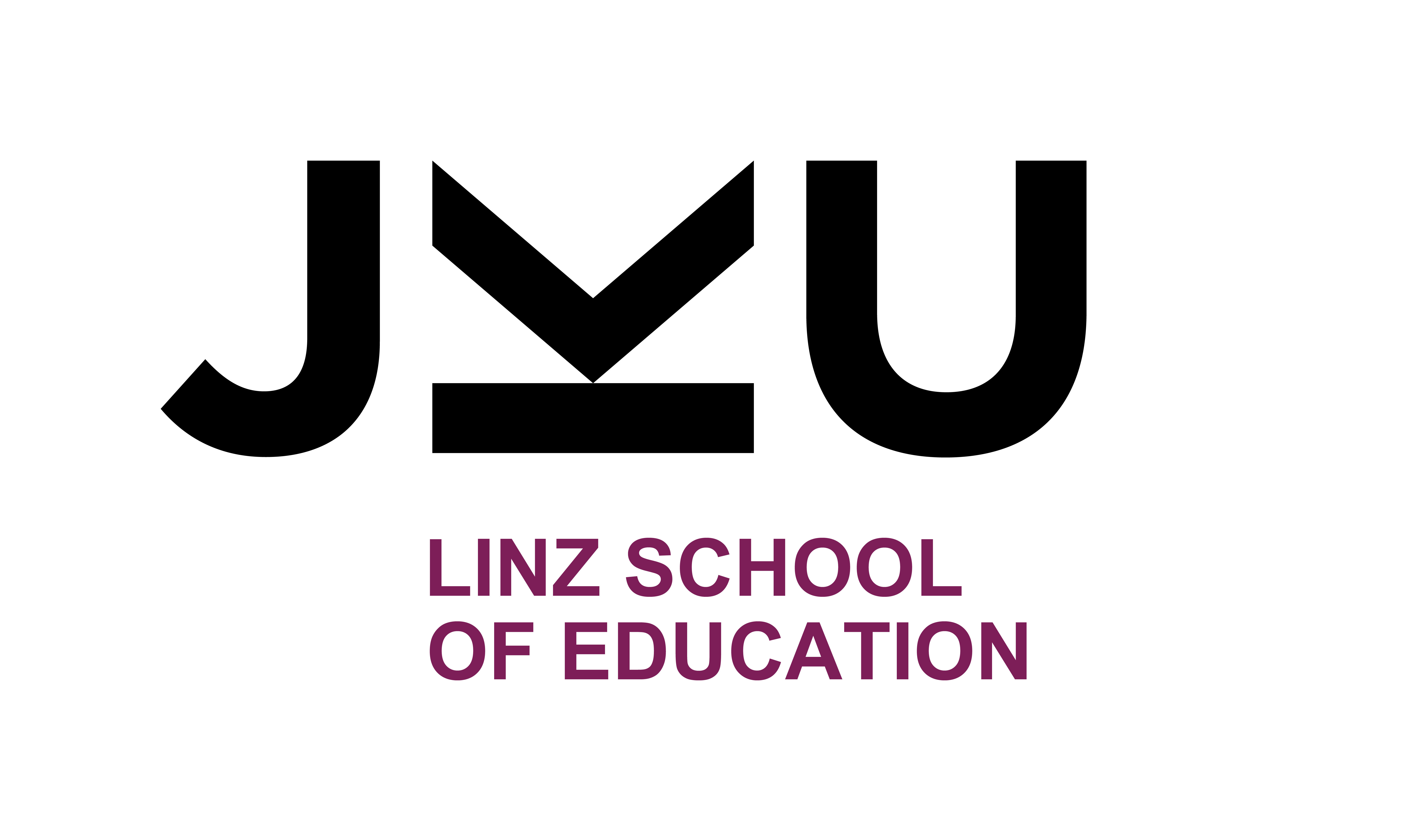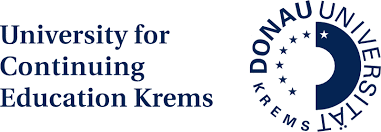Transform Futures of Higher Education through Analytics in Action
In an increasingly data- and AI-driven world, learning analytics has the potential of transforming teaching and learning practices. By collecting digital data from the learning environment, and analysing them through state-of-the-art technologies, deeper insights are gained with the potential of improving the learning process, by informing decision-making of both educators and learners. This challenge seeks innovative solutions to leverage multimodal data for active and project-based learning: e.g.,
- For students, these technologies can act as intelligent tutors, that analyse student data— such as performance, learning behavior, and engagement patterns — and dynamically adjust learning materials, feedback, and difficulty levels to meet individual student needs. The goal is to empower students to take responsibility for their learning and engage within a collaborative, inclusive, and fair learning environment.
- For educators, the analysis of student data can provide an intelligent toolbox that enhances their capacity for monitoring individual and group progress, identifying learning gaps, and providing timely intervention and support. The goal is to support educators to personalise instruction, inform decision-making, and drive continuous improvement in educational outcomes.
This hackathon will be held in a blended online-onsite mode. Onsite participants are welcome to Interdisciplinary Transformation University Austria's main building in Linz.
Questions?
melike.koeroglu@it-u.atPrizes
A €1,000 price for the winning team
Who can join?
Specific conditions to apply
There is a maximum capacity for 25 participants onsite.
12 - 13 NOV 2024
Register by 06 NOVBlended
Linz - Austria
Data-Driven Education
Challenge and goals
The main goal of this hackaton is to harness the potential of data generated in the learning environment, as well as methods from learning analytics and AI, to transform the future of higher education in a more positive, sustainable and fair way. Focusing on active and project-based learning, participants will explore the different types of information that can be gathered from these data and methods, and identify elements in the learning process that can be supported, enhanced and complemented with such information, both for learners and educators. The goal of each participating team is to propose a solution that addresses one of the previously identified challenges. Ethical considerations and user-centred design principles will be highly encouraged.
Expected outcomes:
- Insights into methods of learning data analytics
- Deeper understanding of the needs and challenges for digital higher education
- Basic training in EdTech, design thinking, prototyping and pitching
- Skills for working in interdisciplinary, diverse teams
- A low-fidelity prototype (wireframe) for learning analytics in high education
- Social and professional networking
Expectations and requirements for the solutions and participants
Participants are expected to be passionate about digital education, interested in data analytics and AI methods, enthusiastic about collaborative problem-solving, and eager to transform the future. They will work onsite or online in teams of interdisciplinary nature—pedagogy, psychology, computer science, business and innovation, etc.—and diverse in terms of gender, nationality, and abilities. They are expected to actively participate during the two days of the hackaton, within their teams, in workshops and other activities.
Solutions are expected to contribute to real-world challenges for either learners or educators within the context of active and project-based learning. Besides the required solution canvas, teams are encouraged to design lo-fi prototypes. Simple demos are optional.
Available Support
- Throughout the hackaton, mentors will support participants in organizational, procedural and technical issues either onsite or online via Discord.
- During the hackaton, training workshops on the required skills for addressing the challenge will be offered by leading experts from the partner institutions, Interdisciplinary Transformation University Austria and JKU Linz School of Education.
- Lunch, coffee and snacks will be offered to onsite participants.
- For any question before the hackaton, please contact Rafael Caro Repetto (rafael.caro-repetto@it-u.at)
Schedule
-
Nov 12, 9:00 am CET
Registration
-
Nov 12, 9:30 am CET
Welcome session
-
Nov 12, 10:00 am CET
Workshop: "The role of Learning Design to support Learning Analytics and AI", by Gerti Pishtari
-
Nov 12, 11:00 am CET
Hacking time
-
Nov 12, 12:00 noon CET
Checkpoint with mentors
-
Nov 12, 13:30 CET
Workshop: "Design thinking: Process and tools", by Karin Kaiser
-
Nov 12, 14:15 CET
Workshop: "Design thinking: Value proposition canvas", by Martin Glinik
-
Nov 12, 15:15 CET
Hacking time
-
Nov 12, 17:00 CET
Checkpoint with mentors
-
Nov 12, 17:30 CET
Online social event (TBD)
-
Nov 12, 19:00 CET
Hacking time
-
Nov 13, 8:30 am CET
Checkpoint with mentors
-
Nov 13, 9:00 am CET
Workshop: "Ethical Reflection in Digital Design", by Robert Gutounig
-
Nov 13, 9:45 am CET
Workshop: "Unleashing the prototyping power of Figma", by Matthew Dold
-
Nov 13, 10:45 noon CET
Hacking time
-
Nov 13, 11:30 CET
Checkpoint with mentors
-
Nov 13, 12:00 CET
Hacking time
-
Nov 13, 13:30 CET
Workshop: "Pitch and conquer! Tips for a successful pitch", by Rafael Caro Repetto
-
Nov 13, 14:15 CET
Hacking time
-
Nov 13, 15:15 CET
Checkpoint with mentors
-
Nov 13, 16:00 CET
Hacking time
-
Nov 13, 17:30 CET
Solutions Presentations
-
Nov 13, 18:00 CET
Evaluation
-
Nov 13, 18:45 CET
Award Ceremony
Mentors

Judges

Proposed Solutions
Student Focus Enhancement System
Team: DEUZEMMERS
EduAdapt: Enhanced LMS for a multiculturally aware user-centred approach
Team: MAP forward
B-Better, Your Personalized Educational Assistant
Team: B-Better (BB)
Electopolis: The Politics of Decision
Team: ANA FutureQuest
Local winner
Unity Learn
Team: Inclusion Innovators













